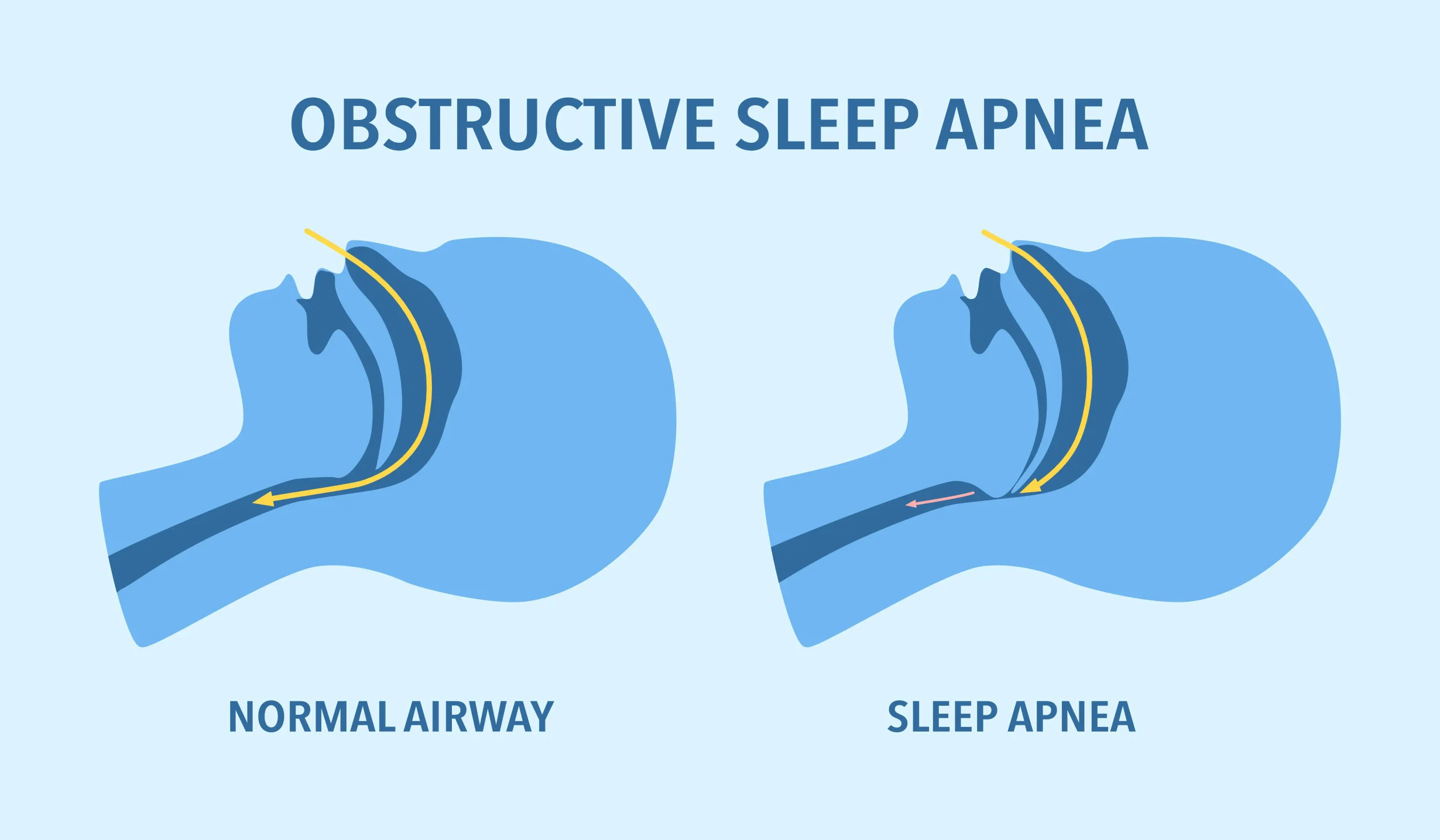Histrionic personality disorder is a mental health condition characterized by excessive emotionality and attention-seeking behavior.1 Individuals with this disorder often seek validation and admiration from others.
Symptoms of Histrionic Personality Disorder:
People with histrionic personality disorder often exhibit the following symptoms:
- Excessive Emotionality: Intensely expressed emotions that may seem dramatic or exaggerated.
- Attention-Seeking Behavior: A constant need for attention and admiration.
- Self-Centeredness: Difficulty considering the needs and feelings of others.
- Dramatic and Theatrical Behavior: A tendency to exaggerate emotions and use dramatic gestures.
- Suggestibility: Easily influenced by others and susceptible to manipulation.
- Physical Attractiveness: A strong focus on physical appearance.
- Self-Centeredness: A lack of empathy and concern for others.
- Rapidly Shifting Emotions: Emotional instability and mood swings.
- Inappropriate Sexual Behavior: Seductive or provocative behavior.
Causes of Histrionic Personality Disorder
The exact causes of histrionic personality disorder are not fully understood. However, a combination of genetic and environmental factors may contribute to its development. Some potential factors include:
- Genetic Predisposition: A family history of personality disorders may increase the risk.
- Childhood Experiences: Adverse childhood experiences, such as emotional neglect or abuse, may contribute to the development of histrionic personality disorder.
- Learned Behaviors: Individuals may learn attention-seeking behaviors as a coping mechanism.
Treatment of Histrionic Personality Disorder
Treatment for histrionic personality disorder typically involves psychotherapy, particularly cognitive-behavioral therapy (CBT). CBT can help individuals identify and challenge negative thought patterns,2 develop healthier coping mechanisms, and improve social skills. Medication, such as antidepressants or anti-anxiety medications, may be used to address specific symptoms, such as anxiety or depression.
It’s important to remember that histrionic personality disorder can be a complex condition. With appropriate treatment and support, individuals can learn to manage their symptoms and improve their relationships with others.



